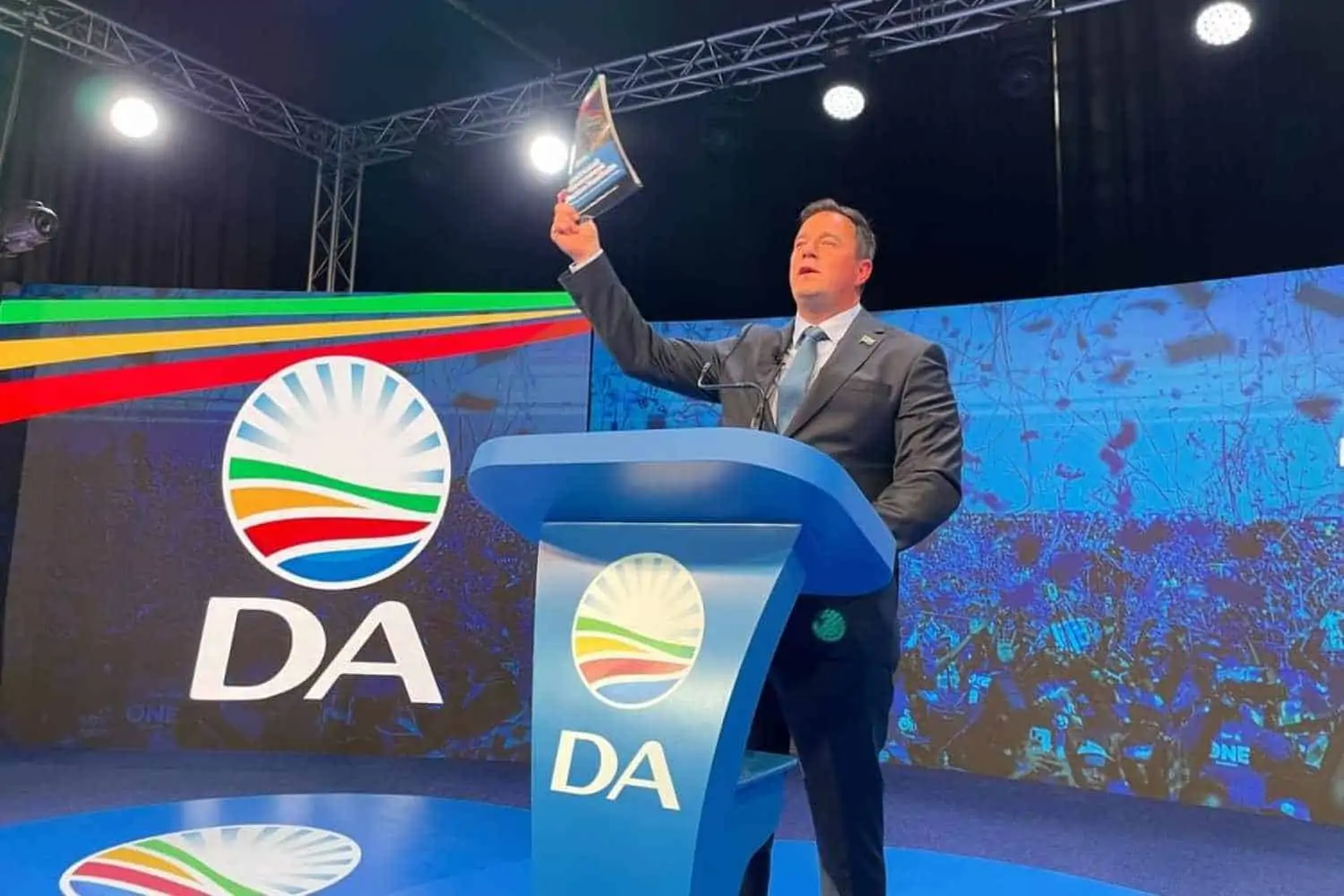Former shadow communications minister of the DA Phumzile van Damme lambasted her former political party for apparently misrepresenting their performance in the 2021 local government elections.
Phumzile van Damme calls out ‘DA lies’
Things all went awry on social media when the official opposition party released a chart of recent performance outcomes at the polls.
Based on the party’s counting, only they experienced an increase in support over the past three election cycles.
“The DA has arrested the decline to become the only national party to grow in this election. Having dropped between 2016 and 2019, the Party has reversed the trend and is moving forward,” the DA claimed.
The graph encompasses the party’s performance in the 2016 municipal elections, the 2019 general elections and the recently concluded local government campaign.
From this perspective, only the DA would have seen an increase in support between 2019 and 2021. Except, Van Damme and the rest of the commenters who flooded the party’s tweet, were not slighted by the glaring inaccuracy of the chart and its inherent bias.
Van Damme, who once led the communications division at the DA, lambasted the tweet as delusion that’s “so embarrassing it’s hilarious.”
“Then there is outright lying. This here is lying,” she tweeted.
But guys, no. No. There is spin. Then there is delusion so embarrassing it’s hilarious. Then there is outright lying. This here is lying. “…the only national party to grow in this election.” Aseniyeke John. Stop. Not like this. https://t.co/AWLhHLUE0P
— Phumzile Van Damme (@zilevandamme) November 5, 2021
Using the elections results data captured by the Electoral Commission of South Africa (IEC), we did a deep-dive to observe the performance trend of the DA In the elections between 2011 and 2021.
Since the most recent result was from the 2021 municipal elections, we stuck to this dataset. Of course, comparing results from the general elections to outcomes from the municipal referendum would not be feasible as these are two separate and independent processes.
While both election processes use proportional representation to distribute power, they don’t serve the same outcome. In national elections, you vote for a political party to get seats in the national or provincial legislatures. On the other hand, local government elections are contested for seats at the municipal level.
Here’s how the DA performed in the municipal elections between 2011 and 2021:
| YEAR | SUPPORT | SEATS |
| 2011 | 23.94% | 1 555 |
| 2016 | 26.9% | 1 782 |
| 2021 | 21.83% | 1 484 |
As the data indicates, the DA won 23 councils in the 2021 local government elections, one less the outcome in 2016. The party also lost 298 council seats, compared to the previous campaign spearheaded by Mmusi Maimane.
Perhaps, more glaring is the number of votes the DA lost in 2021. According to the IEC, the official opposition dropped more than 2.9 million votes in these municipal elections compared to 2016’s campaign.
The silver lining in the DA’s performance may be that the ‘Blues’ managed to retain control of the City of Cape Town and made strides in contributing towards the ANC’s below 50% victory.
“A lifelong mission for the DA was realised as ANC support sunk below 50% – signalling the beginning of the end of the ANC’s political dominance, and the start of a hopeful era where the DA will form the core of a new majority in 2024,” the party wrote.
